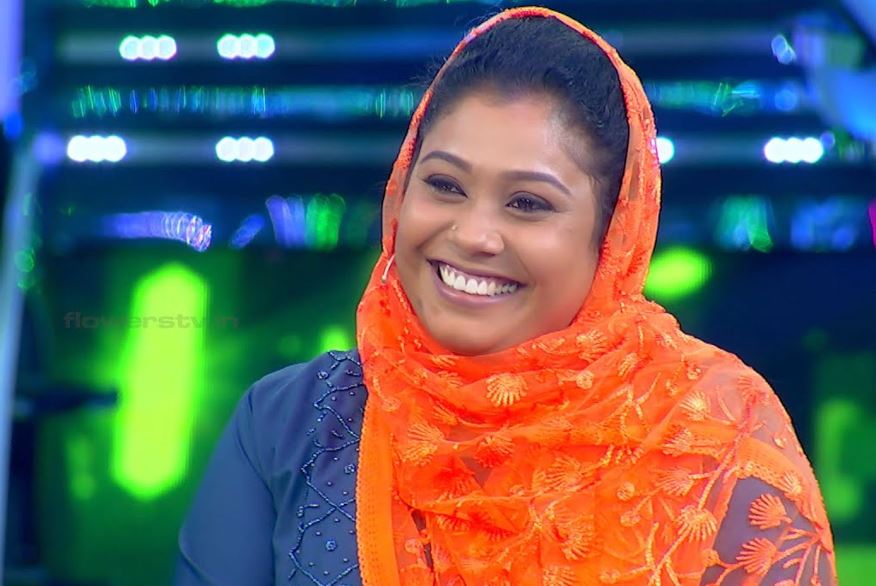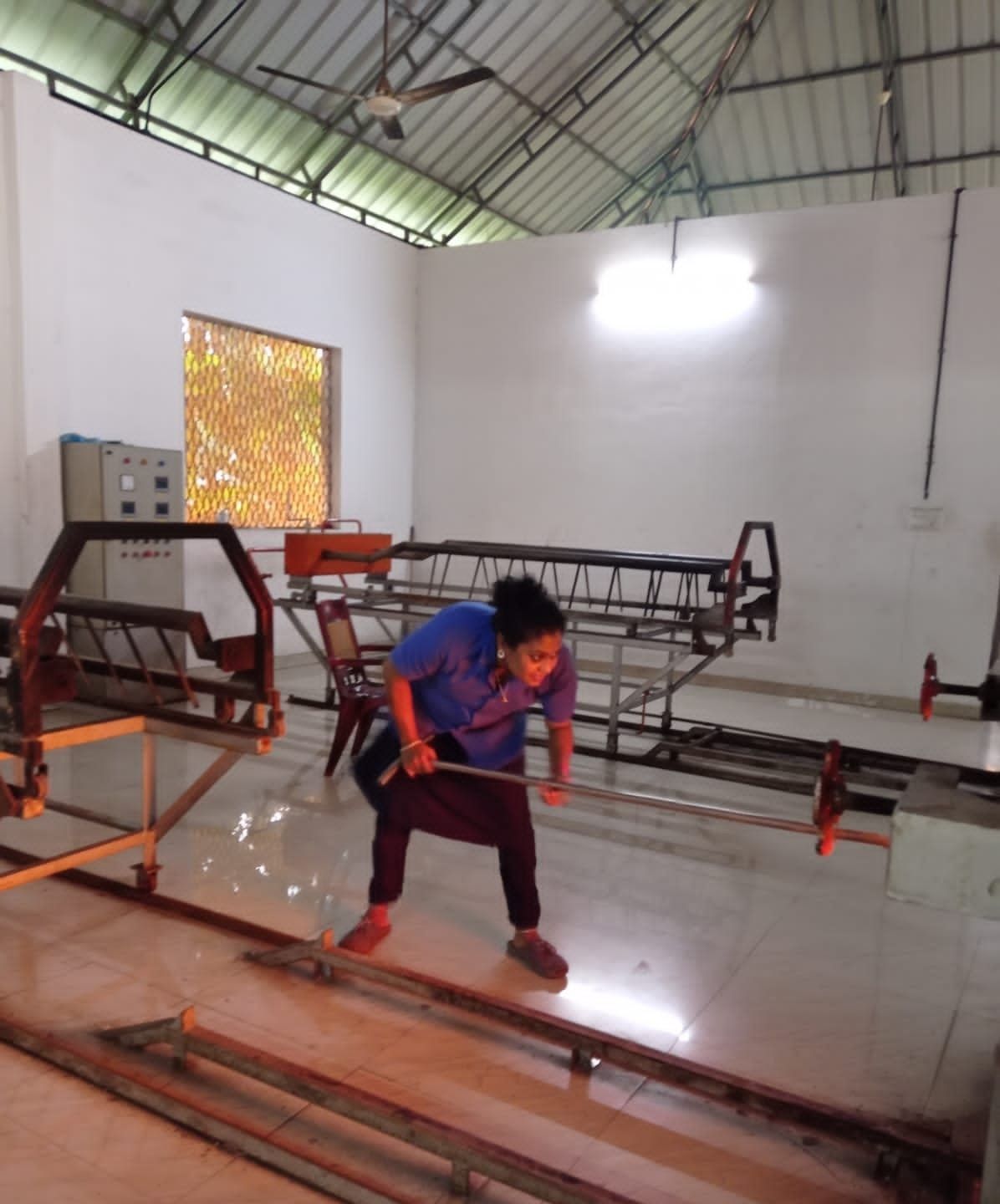- Friday, April 26, 2024

By: Pramod Thomas
A MUSLIM woman cremator at a crematorium in Kerala, South India, said that her job is a symbol of female empowerment and that it gave her a sense of pride.
Subeena Rahman, 28, from Thrissur, is said to be the first woman from the Muslim community to take up the profession.
She told India Weekly her work is “just another job” she took up to save her family. Rahman hopes to become a police officer in future and also wants to complete further studies. She recently passed her driver’s license test.
Rahman described how she got the job. “I got married when I was 18 and was pursuing my first year of under graduation. My husband Rahman was a mason and working in the Middle East,” she told India Weekly.
“Four years after my marriage, my father, a wood-cutter, suffered an accident. My younger sister was a student at the time. My husband came back to Kerala.
“I thought I’d take up a job to support my father and family. By then, our son Muhammed Irfan was also born. My only concern then was to get a job near home so I can also look after my child.”
Around this time Rahman became aware of a vacancy in the SNBS Samajam Mukthisthan crematorium in Irinjalakuda, a town near Thrissur, run by the Ezhavas, a powerful Hindu community.
Besides Hindus, the bodies of Christian community members are also cremated at the gas crematorium.

Rahman approached them and was appointed as a cremator. She said, “My husband and my family asked me not to take up the job. But I persuaded them and told them that it is just another job. Also, the crematorium was close to home. So, I can also come back anytime if needed.”
She recalled there was a cremation ground near her home, but she never went there. Today, she has carried out the cremation for more than 200 people.
Rahman said there was no objection from religious leaders to her carrying out her job. “I had a goal in my mind – to look after my father and my family. It gave me courage. Also, I felt that it will be a shame if I withdraw mid-way. Everyone at the crematorium was very supportive. The facility was recently modified into a gas-lit one. The engineer who did the construction was there to teach me everything. After some initial hiccups, I got used to it.
“With the wholehearted support of everyone, it’s now five years since I have been doing this job,” she said.
The first body she cremated was that of Sidharthan, an Irinjalakuda native, who died of a cardiac arrest. Rahman said.
When she received media coverage, there were many from her community who congratulated and supported her.
“One religious scholar even commented that I am doing a great job and god will be with me,” she said, adding that “everyone is now seeing my profession as a symbol of woman empowerment”.
“With this job, I could support my family, my husband and son. I can contribute to my sister’s wedding, too. All these have given me a sense of pride,” she said.
After completing her daily morning chores at home, Rahman is in the crematorium by 9.30 am. With her two male colleagues, she cleans the premises, removing the remnants of previous day’s cremation. She then lights an oil lamp, marking the start of her shift.
“We get Rs 500 (£5) each per body, which is split among the three equally. Normally, we get six or seven bodies every day,” Rahman said.
During the peak of the Covid pandemic, there were days when Rahman put in 14-hour days. At the time she was afraid of getting infected with the virus.
When the first death due to Covid-19 happened in Irinjalakuda, she refused to carry out the cremation.“It was because of lack of awareness,” Rahman recalled. “We were not given any messages or training regarding it.
“Also, the protocol was not described to us. But, when there was a Covid death in our municipality (local council), we were told to cremate the body. Then we were provided details about protocols and were also told the virus would not spread from a dead body.
“We were given PPE kits and other precautionary items, too,” Rahman said.
Since then, she has done the cremation of many patients who had Covid. During India’s devastating second wave, there were days when 12 bodies of Covid victims were cremated daily.
For Rahman, the most difficult cremation was that of a five-year-old girl who accidentally slipped into a village pond and died.
She said, “The girl’s father was abroad. He came to see his daughter for the last time at the crematorium wearing a PPE kit. He broke down when he handed over the body of the little girl to me to take to the furnace. I could not control myself then.”
Rahman said she can now hold back her tears while cremating toddlers. “It is a fact that everyone will die one day. But when we cremate the bodies of small kids, it is very painful. I too am a mother. Then I pray to God to give me strength,” she said.
![]()